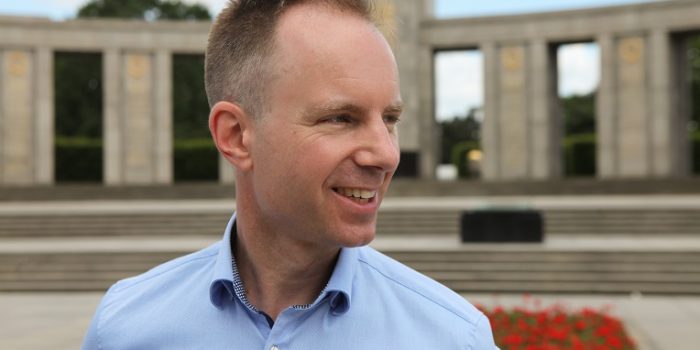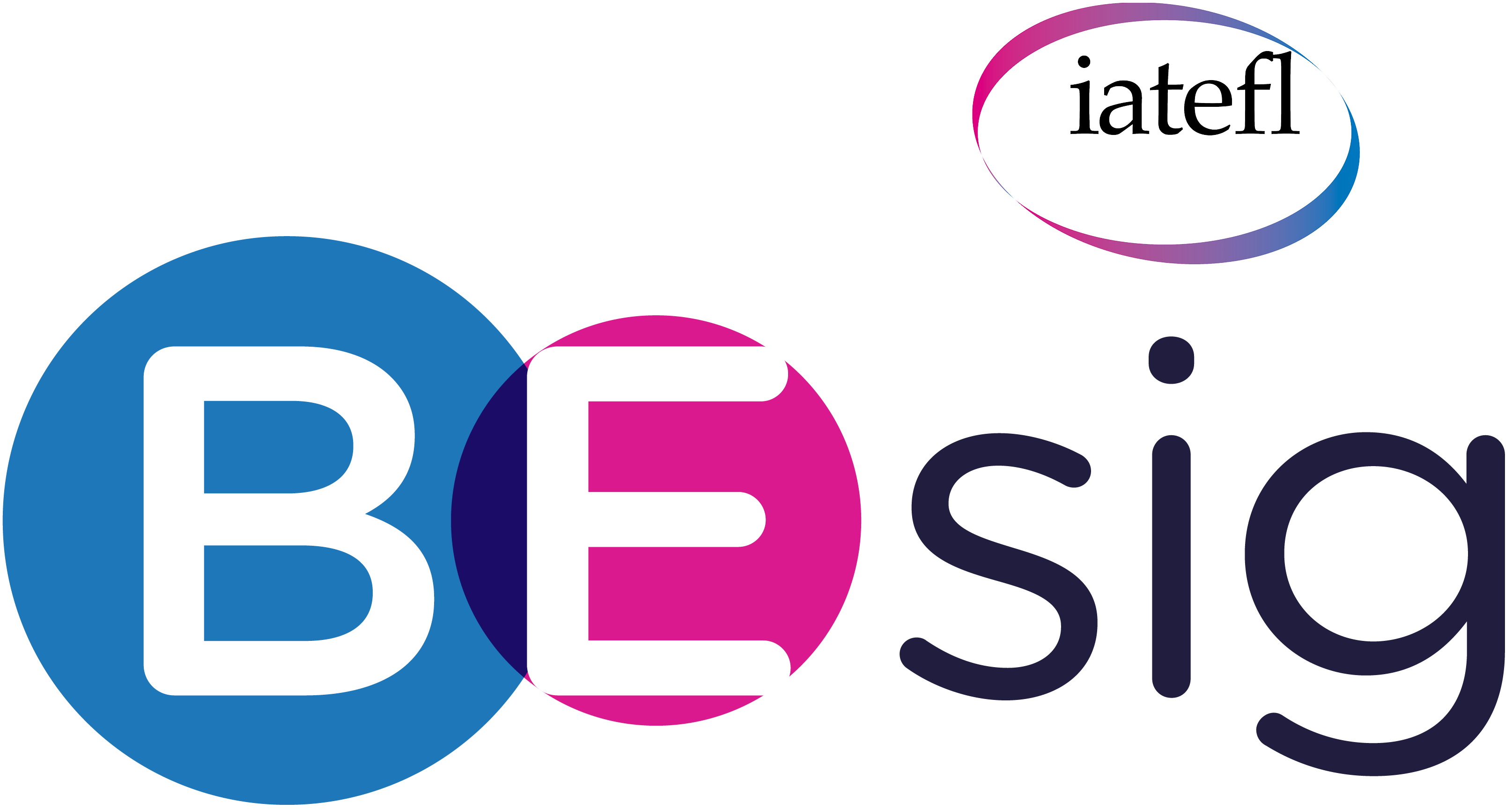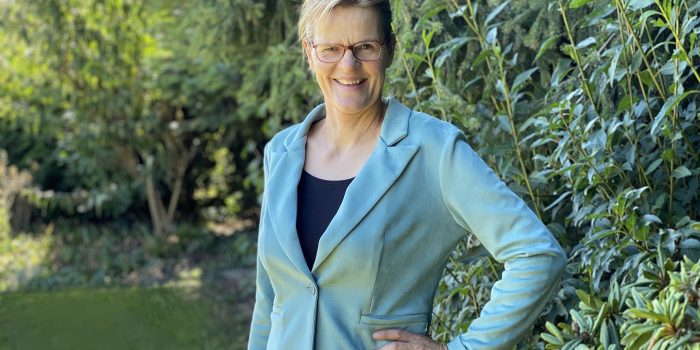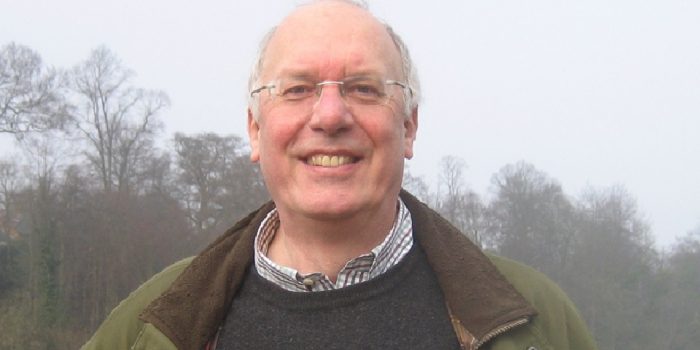
Christopher Chandler
In the aftermath of the 33rd annual BESIG conference, I would like to bring you a brand new and shiny perspective. Christopher Chandler is one of BESIG’s newest members and in this interview he shares his reasons for joining and his hopes for the online conference. Furthermore, he gives us some insights into how his background in business helps him get clients and create bespoke courses.
I hope you’ve been enjoying the Meet a Member series! I’m always on the lookout for new interviewees so if you’d like to take part, please get in touch at [email protected]! I’ll also be at the conference so feel free to reach out with any questions you may have.
Bio: After working in construction and regeneration in the UK, Christopher has been an in-house business English trainer in Berlin, Germany for the past seven years. Christopher served on the board of ELTABB for three years and has begun volunteering for BESIG.
Having taught business English for several years, what motivated you to join BESIG now?
It’s always good to widen your horizons, particularly when you are a business English trainer. It’s important to regularly refresh what you do. I’ve been curious about BESIG for a while, but the opportunity to attend the conference online was the main reason for joining. It seems to be a very easy way of experiencing what BESIG does.
Having just joined BESIG, you decided to put your name forward and volunteer too. Why?
I volunteered for ELTABB (my local teaching association in Berlin) for three years. I started doing the monthly newsletter and then became the Treasurer. On a general level, it brought many benefits. In a lateral way, it created colleagues you became accountable to. It raised my profile in Berlin and also opened up opportunities for me. When I was the Treasurer, I got a unique insight into how the ESL market functioned in Berlin. This made me realise that there was life beyond being a teacher in a language school, and that I had the experience and ability to acquire my own clients. When you volunteer, you, in effect, work alongside your peers, and that’s when the opportunities emerge, and your own personal development happens.
What did you do before you became a business English trainer?
I worked in business in the UK for 17 years, mainly in South Wales. My main roles were in a construction consultancy – part of a project management team for a hospital, a university and a concert hall – all new builds. I also worked in local government where I was a client project manager – I bid for and administered EU funding to repair listed buildings in Newport. I appointed architects and managed the client side of the projects.
How would you say this previous experience has impacted your training style?
I’m obviously able to ‘walk the talk’ – I’ve sent real business emails, participated in negotiations, made small talk, and so on. The biggest impact has been in my soft skills. I’ve experienced the pressures of office life, so I understand the headspace people are in when they come into a training session. I therefore don’t create a traditional ‘teacher-student’ dynamic.
How do you personalise your classes for your students?
I recently started working with a firm of architects. They chose me because they wanted personalised training sessions. In other words, they didn’t want to follow a coursebook or have something that replicated a course in an Adult Education Centre. I therefore pitched myself as someone who can work alongside a company, rather than just an entity they can book X number of English lessons from.
It’s important that the needs analysis is a live document that is regularly refined and referred to. I’ve also found that setting up the training is crucial to its success – the right day, the right time, the number of people, whether you organise by level or department etc. It needs to be aligned with the culture of the company.
You are attending the annual BESIG conference for the first time this year. What do you hope to get out of it?
I’ve had a look at the programme, and I like the mix of pedagogical and business development seminars. COVID has affected the globe, so I’m interested in finding out how people are tackling the situation in terms of their businesses, and what they’ve learned from it and so on.
What are your professional goals for 2021?
I don’t believe in having ‘goals’ as such, but, particularly in this industry, I’ve learnt to keep my radar on for opportunities that may emerge around me – hence offering to volunteer for BESIG. I’ve become particularly interested in the digital marketing aspect of being a business English trainer. What would a content marketing strategy for business English training look like? What works and what is actually a waste of time?
Questions and editing by Mandy Welfare
20th November 2020
MEET A MEMBER is available to IATEFL BESIG members and non-members alike but only features our current members. Another reason to join us and “BE with BESIG.”



